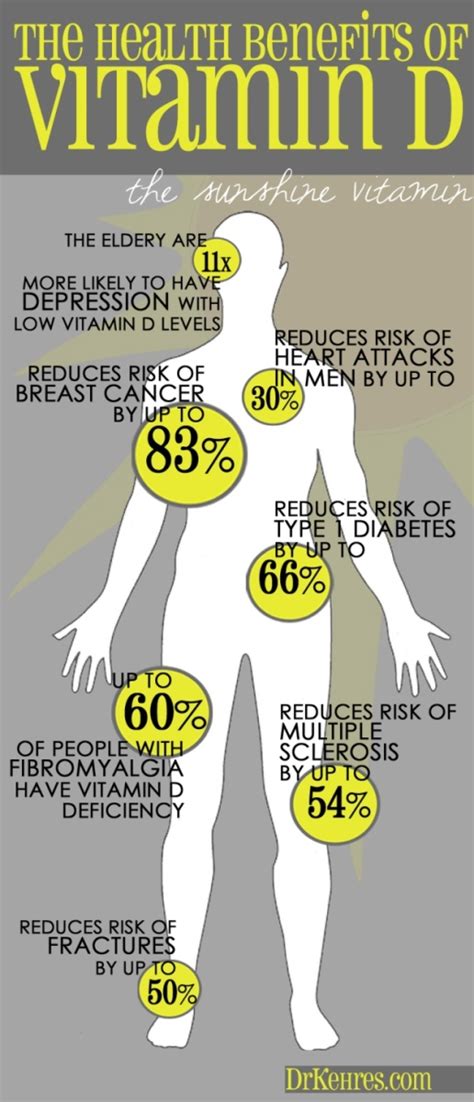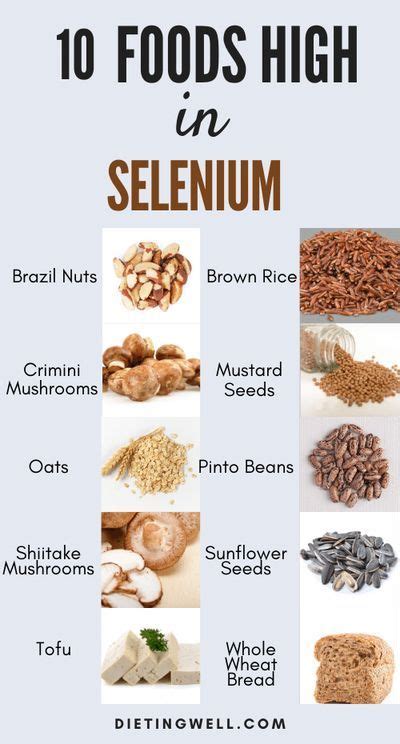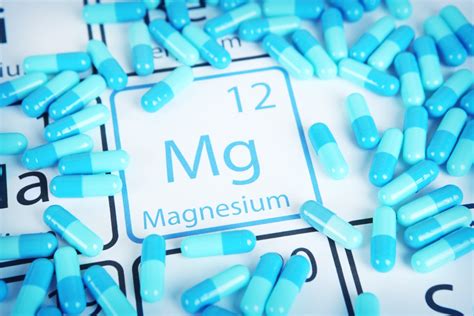What specific micronutrient deficiencies are most commonly observed in adult men that could negatively impact testosterone production or sperm quality, and what are their primary dietary sources?

Optimizing male reproductive health, encompassing robust testosterone production and high-quality sperm, is intricately linked to a balanced intake of specific micronutrients. Deficiencies in these essential vitamins and minerals are surprisingly common and can have a significant negative impact, often going unnoticed. Understanding which micronutrients are most critical and where to find them in food is key to supporting male fertility and overall endocrine function.
The Critical Role of Micronutrients in Male Reproductive Health
Micronutrients act as cofactors, catalysts, and structural components in countless biological processes, including hormone synthesis and germ cell development. When the body lacks adequate amounts of these vital compounds, the complex pathways leading to healthy testosterone levels and sperm maturation can falter. While many micronutrients play a role, some deficiencies are more frequently observed in adult men and directly implicated in reproductive challenges.

Zinc: A Cornerstone for Testosterone and Sperm
Zinc is arguably one of the most critical minerals for male reproductive health. It is essential for testosterone synthesis, sperm production, motility, and normal morphology. Zinc deficiency is widespread globally and can lead to hypogonadism (low testosterone) and impaired spermatogenesis. Studies have consistently shown that zinc supplementation can improve testosterone levels in deficient men and enhance sperm parameters.
- Primary Dietary Sources: Oysters are an exceptional source. Other rich sources include red meat (beef, lamb), poultry, beans, nuts (cashews, almonds), whole grains, and dairy products.
Vitamin D: More Than Just Bone Health
Often referred to as the ‘sunshine vitamin,’ Vitamin D receptors are found in testicular Leydig cells and throughout the male reproductive tract, indicating its crucial role. Low Vitamin D levels are frequently observed in men with low testosterone and poor sperm quality (reduced motility and abnormal morphology). It’s thought to influence steroidogenesis and calcium signaling pathways vital for sperm function.

- Primary Dietary Sources: Fatty fish (salmon, mackerel, tuna), fortified milk and cereals, egg yolks, and certain mushrooms. Sunlight exposure remains the primary natural source.
Selenium: The Antioxidant Defender of Sperm
Selenium is a trace mineral that acts as a powerful antioxidant, protecting sperm from oxidative damage, which is a major cause of infertility. It is also involved in sperm structural integrity and motility. Deficiency can lead to compromised sperm morphology and reduced motility. Many regions globally have selenium-deficient soils, which translates to lower selenium content in locally grown foods.
- Primary Dietary Sources: Brazil nuts are an incredibly potent source (only a few nuts can provide the daily requirement). Other sources include seafood (tuna, cod, shrimp), lean meats, poultry, eggs, and whole grains.

Folate (Vitamin B9): Essential for Sperm DNA Integrity
Folate, a B vitamin, is crucial for DNA synthesis and repair. In men, it plays a vital role in spermatogenesis and maintaining the genetic integrity of sperm. Deficiency can lead to increased sperm DNA fragmentation and chromosomal abnormalities, potentially impacting fertility and the health of offspring. While less commonly discussed than zinc or vitamin D in male reproductive health, its foundational role in cell division makes it indispensable.
- Primary Dietary Sources: Dark leafy greens (spinach, kale), legumes (lentils, chickpeas), asparagus, broccoli, avocados, and fortified grains.
Magnesium: An Underestimated Player
Magnesium is involved in over 300 enzymatic reactions in the body, including those related to energy production and muscle function. Emerging research suggests a link between magnesium levels and testosterone, with some studies showing higher magnesium intake correlating with increased free testosterone levels in men. Deficiency is common due to modern dietary patterns and soil depletion.

- Primary Dietary Sources: Dark chocolate, leafy greens, nuts (almonds, cashews), seeds, legumes, whole grains, and avocados.
Addressing Micronutrient Deficiencies
The most effective way to prevent and address these deficiencies is through a varied, nutrient-dense diet. Incorporating a wide range of whole foods ensures a broad spectrum of micronutrients. For men with suspected deficiencies or specific reproductive health concerns, consulting with a healthcare professional is crucial. Blood tests can accurately identify deficiencies, and personalized dietary advice or targeted supplementation can then be recommended. Self-supplementation without professional guidance can be counterproductive or even harmful.
Conclusion: Fueling Male Reproductive Vitality Through Diet
Micronutrient deficiencies pose a tangible threat to male testosterone production and sperm quality. Zinc, Vitamin D, Selenium, Folate, and Magnesium stand out as frequently observed deficiencies with significant reproductive implications. By prioritizing a diet rich in their primary dietary sources – including seafood, lean meats, leafy greens, nuts, seeds, and whole grains – men can actively support their hormonal balance and fertility. A proactive approach to nutrition is a powerful strategy for maintaining long-term male reproductive health and overall well-being.









